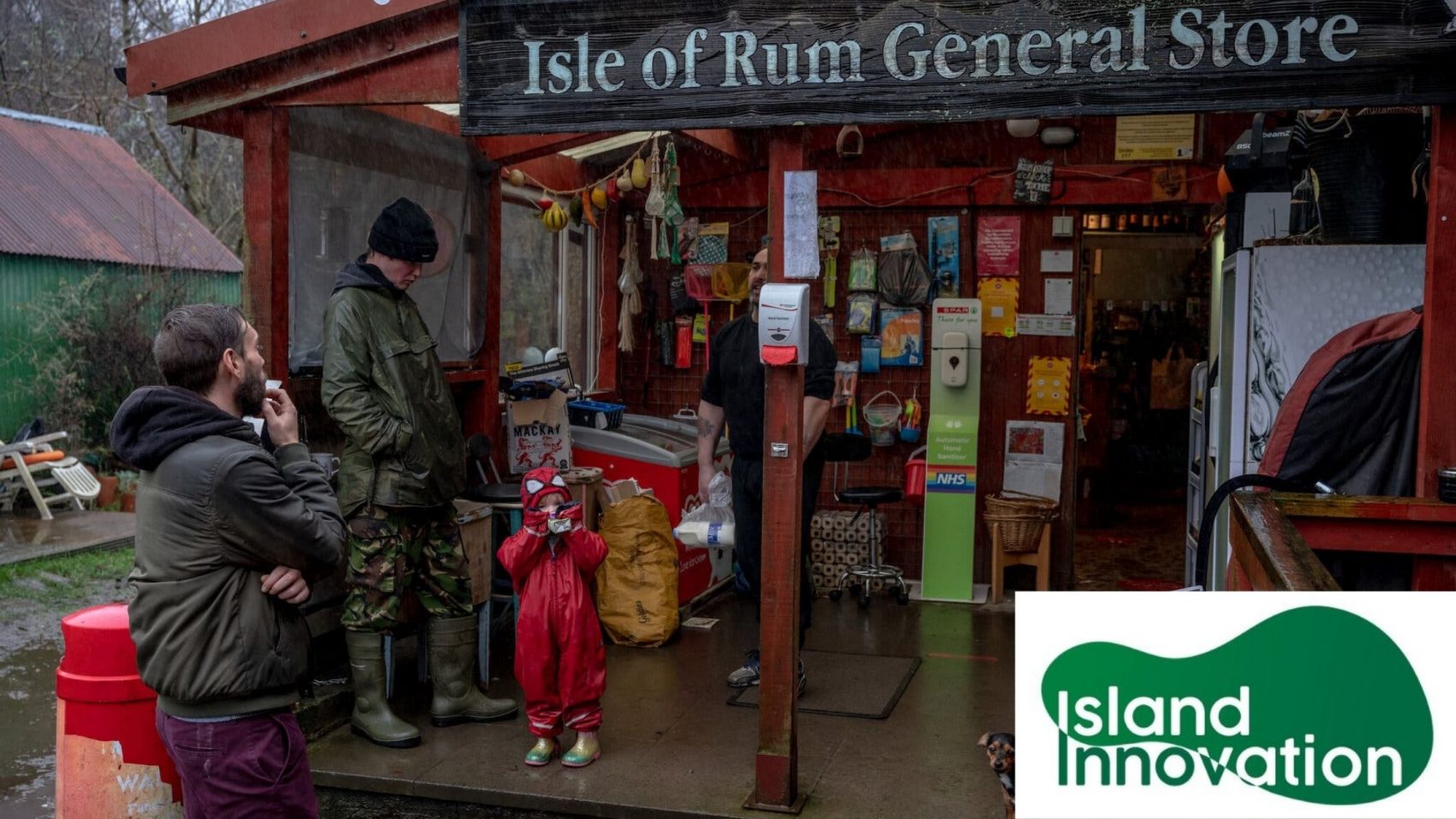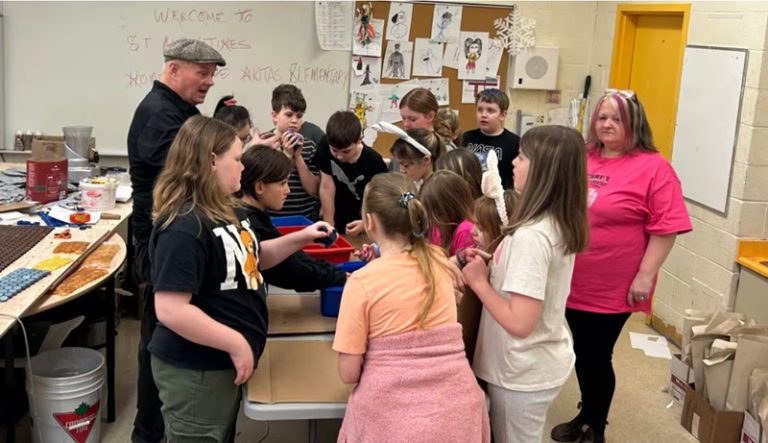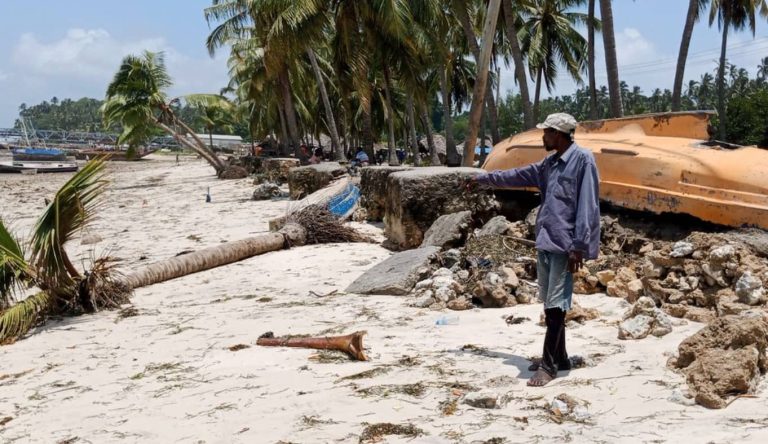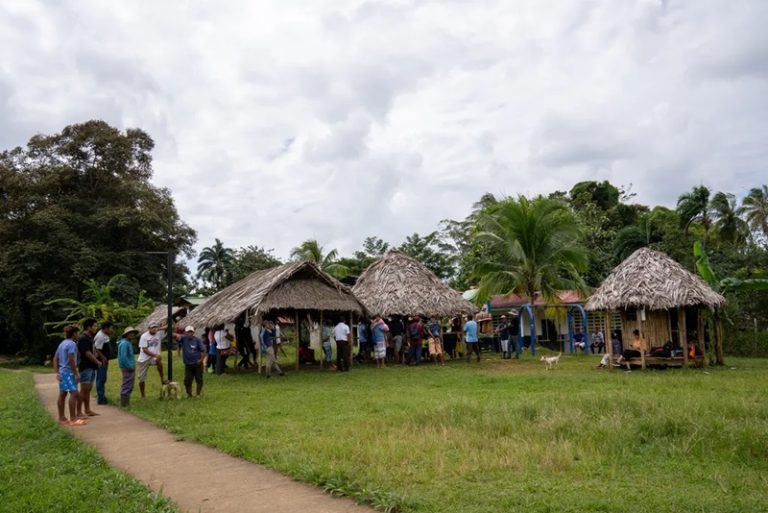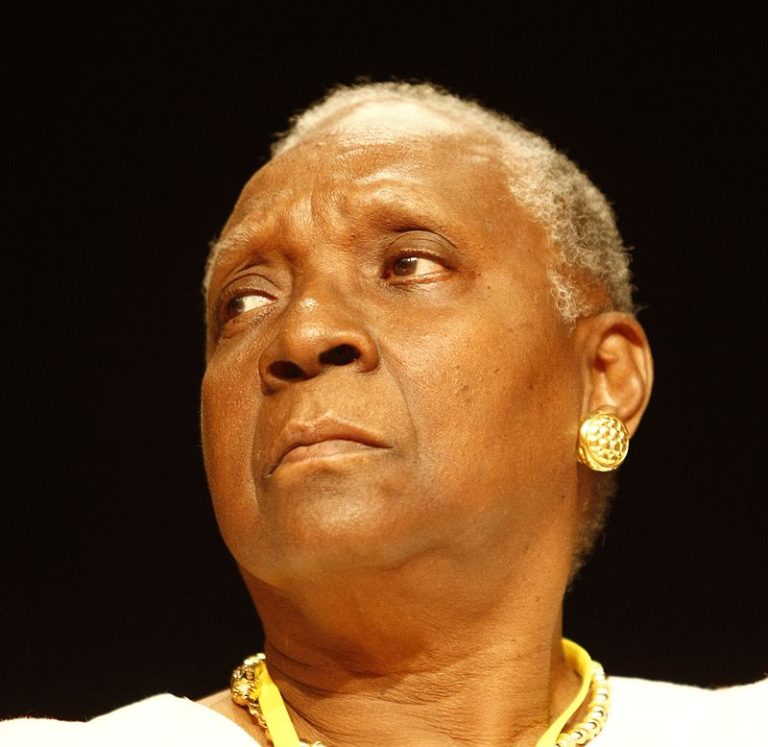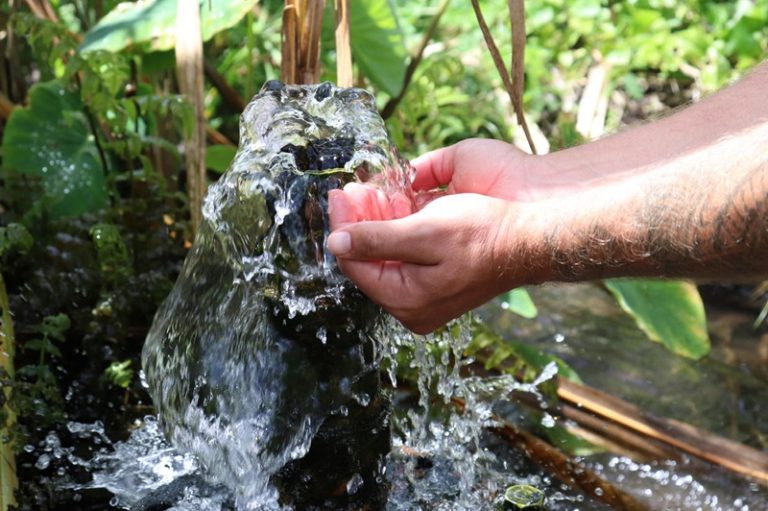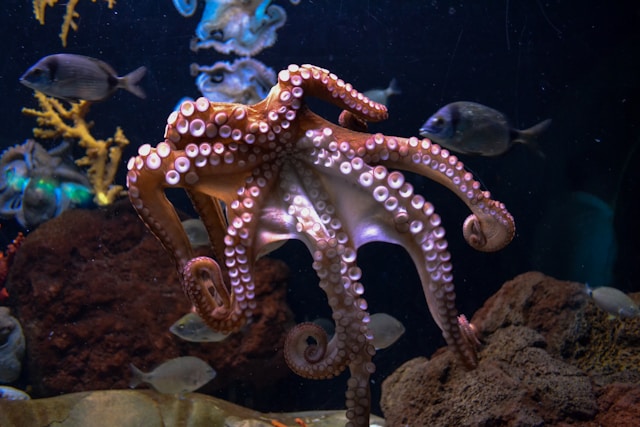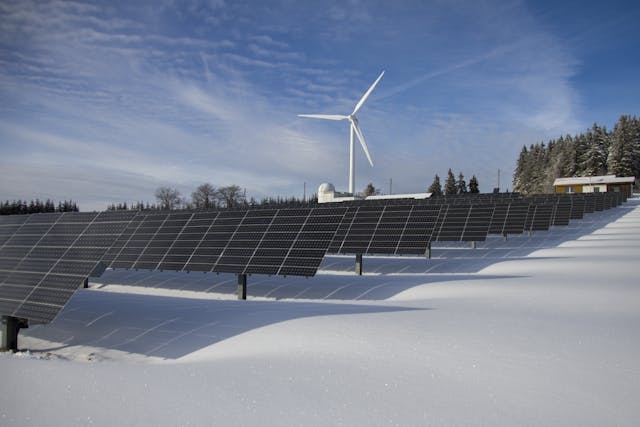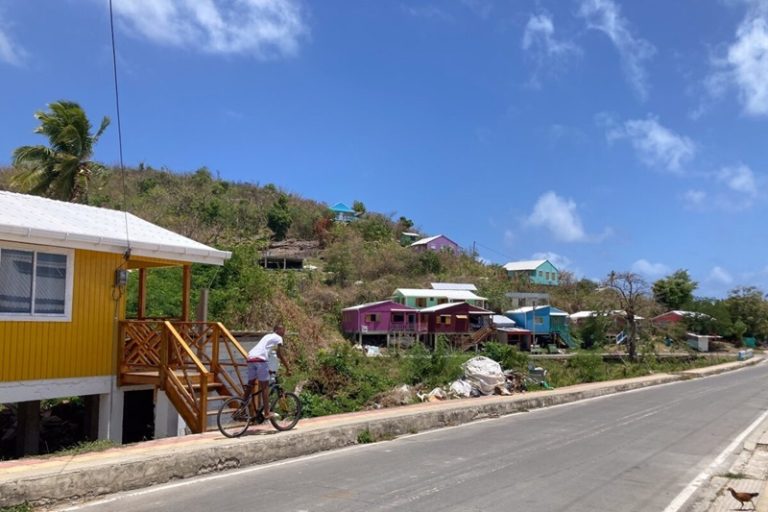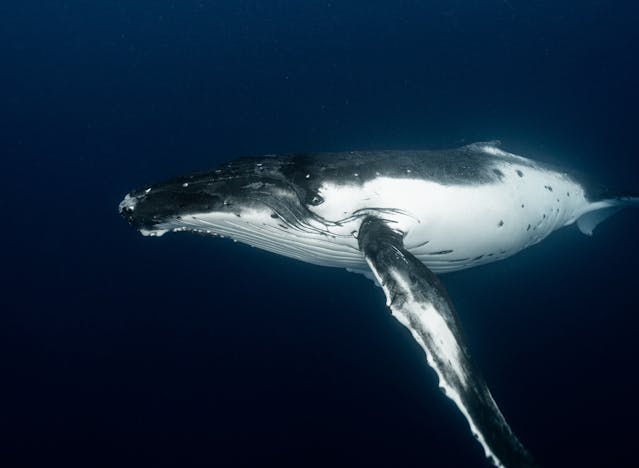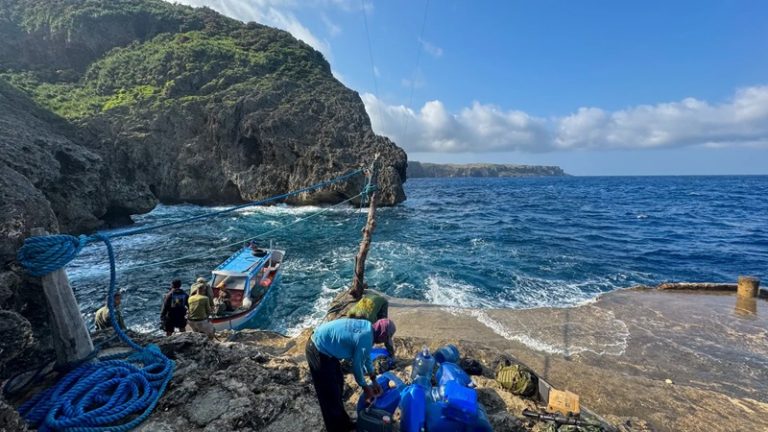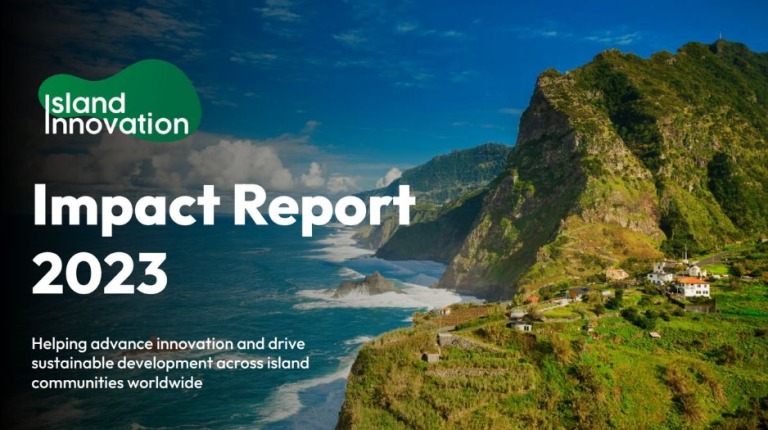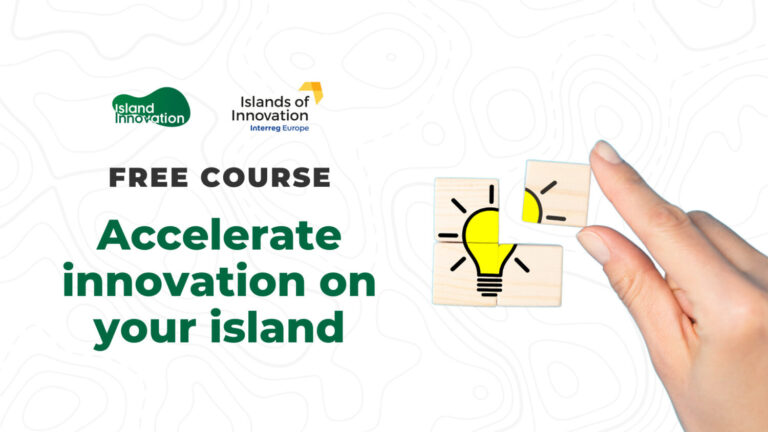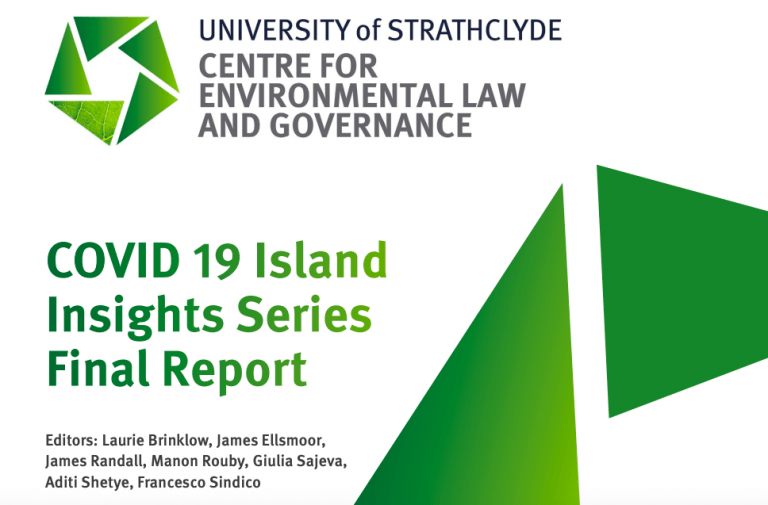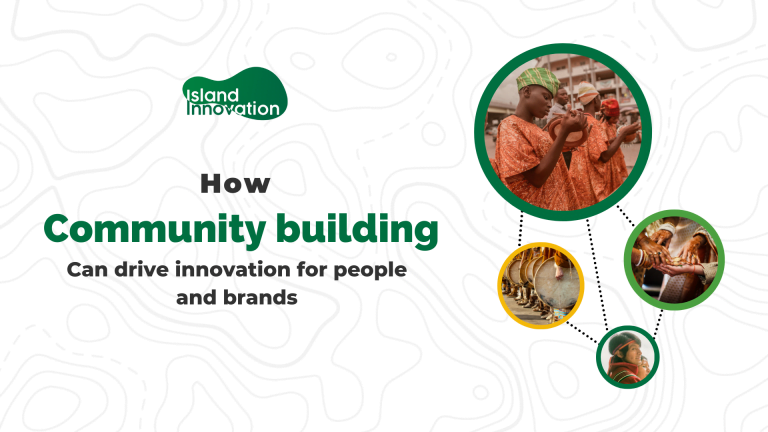Excerpt from nytimes.com
No doctors. No restaurants. No churches. And worst of all for some: no pubs.
Life on a remote island in the Scottish Hebrides is not for everyone.
But Alex Mumford, one of the approximately 40 people living on the Isle of Rum, says he loves it, although he admits getting a drink could be an adventure, with the nearest pub on the neighboring island of Skye.
“We thought about kayaking across and dropping in for a drink and then kayaking back,” Mr. Mumford said. “But it’s 10 miles over and 10 miles back, so it’s probably not ideal.”
Despite all the challenges of making a home here, the island has seen something of a recent population explosion, at least in percentage terms.
Just a couple of years ago, this isolated outpost had fewer than two dozen residents left, and only two students enrolled at its school. So islanders, heavily outnumbered by Rum’s deer, appealed for newcomers to apply to join them.
Several thousand emails arrived expressing interest. From around 400 applications judged to be serious, four couples were selected, most with young children.
Rum’s widely publicized search for new faces drew attention to what is a wider problem across Scotland’s more than 90 inhabited islands, many of which are experiencing similar existential crises.
“Over the last 10 years, almost twice as many islands have lost populations as have gained,” said a 2019 Scottish government document, which warned that projections suggest they were “at further risk of depopulation.”
That has been averted in Rum, at least for now.
Despite torrents of rain when they arrived in the winter of 2020, then a summer plagued by midges — persistent biting flies — the newcomers are still here, the families in four new, Nordic-style wooden homes rented at attractive prices.
Mr. Mumford, 32, who moved here with his partner from Bristol, a city with more than 460,000 people at the other end of Britain, works both as an administrator at the village school and as a visitor services manager at the Bunkhouse, a hostel for visitors.

